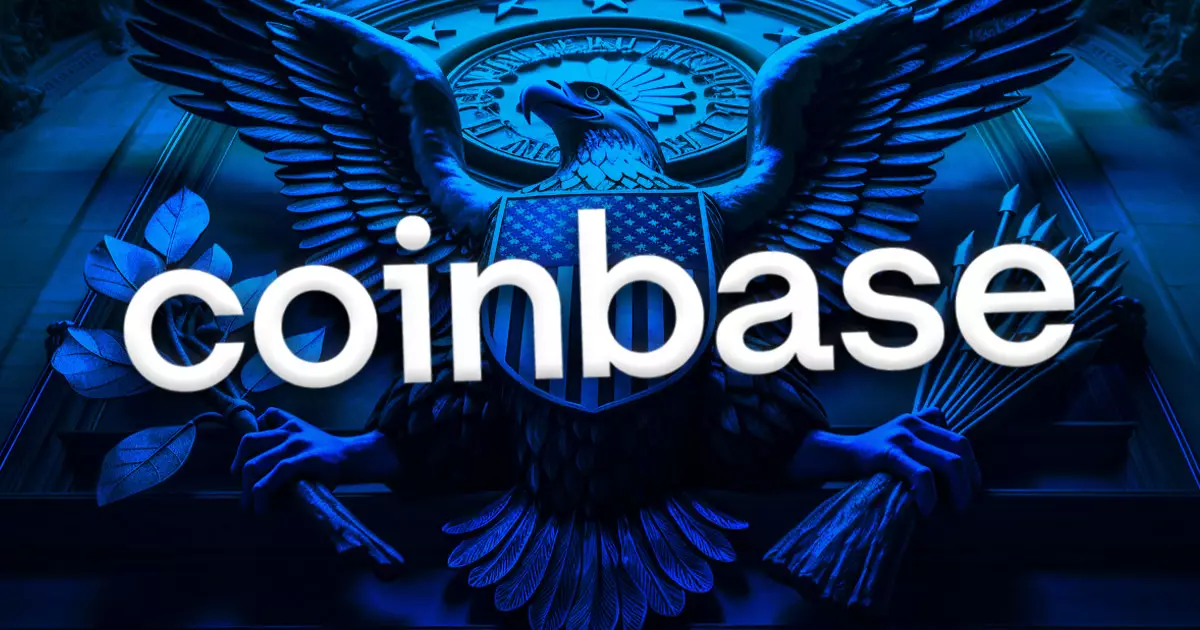Coinbase has put forth a strong allegation against the SEC, claiming that the regulatory body is attempting to circumvent the Howey test by avoiding the critical question of whether a digital asset transaction without post-sale obligations can be considered an investment contract. This accusation was made in a motion for an interlocutory appeal filed with the US District Court for the Southern District of New York. This motion is aimed at challenging a recent court order that addressed this specific legal question, which has significant implications for the crypto market.
The heart of Coinbase’s motion lies in the argument of whether digital asset transactions lacking post-sale obligations can fit the definition of “investment contracts” under the Howey test, which is a standard used to determine securities. Coinbase points out that no appellate court has yet ruled on this particular issue. They emphasize the fact that in the 78 years since the Howey test was established, no court has found an investment contract absent a post-sale contractual undertaking, a fact which is crucial for the digital asset industry.
On the other hand, the SEC has opposed Coinbase’s motion, stating that the court’s order does not involve a controlling question of law and that there is no substantial ground for a difference of opinion. The SEC argues that the decision aligns with established precedents, including the SEC v. Ripple Labs, Inc. case, which determined that certain digital asset transactions did not meet the Howey criteria for investment contracts. The SEC’s attempt to draw parallels between Ripple Labs and Terraform Labs is deemed unconvincing by Coinbase, who highlights the split between the two cases and the inconsistency in the SEC’s stance.
If Coinbase’s appeal is successful, it could lead to the dismissal of significant portions of the SEC’s case against the exchange, specifically in relation to its platform and Prime services. These claims make up more than 70% of the complaint. By addressing the key legal question through an appeal, the litigation process could be streamlined, reducing the burden on judicial and party resources. The extensive discovery requirements imposed by the SEC on Coinbase, including document requests and third-party subpoenas, could be alleviated through a successful appeal.
The resolution of this case has broader implications for the crypto industry, as it may define the extent of the SEC’s authority over digital asset transactions in an environment of increasing regulatory scrutiny. Coinbase’s push for an expedited appellate review is motivated by the desire to provide clarity and guidance to the industry in navigating the evolving regulatory landscape. By challenging the SEC’s approach to the Howey test, Coinbase is not only defending its own interests but also advocating for a fair and consistent regulatory framework for all market participants.

